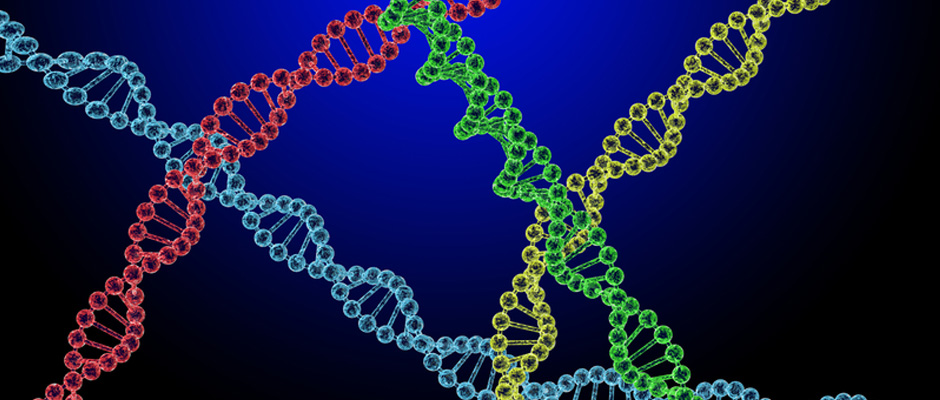Epigenetic regulation of the pathological process in endometriosis.
Jan 31, 2018
Understanding of epigenetic players would shed light on the etiology and progression of endometriosis.
Key Points
Highlight:
- The remodeling of retrograde endometrial tissues to the ectopic endometriotic lesions involves multiple epigenetic alterations.
Aim:
- The author focuses on how epigenetic regulatory factors contribute to the development and maintenance of endometriosis.
Key points:
- DNA methylation
- The alteration of DNA methylation has been known to affect the transcription networks of endometriosis.
- The proteins that control estrogen biosynthesis were shown to be elevated in the ectopic tissues due to the reduced methylation on their promoter regions.
- Histone modification
- The levels of histone deacetylases were deregulated in endometriotic stromal cells.
- Targeting HDAC becomes an attractive therapeutic strategy.
- Further researches are required to maximize the therapeutic impact and minimize cytotoxicity.
- MicroRNAs (miRNAs)
- miRNAs which regulate gene expression including steroid hormones are altered in endometriosis.
- The expression levels of miR-23a and miR-23b are aberrantly suppressed in the endometrium of women with endometriosis, compared to those of women without endometriosis.
Conclusion:
- Understanding the molecular mechanisms of epigenetic modifications would shed light on the etiology and progression of endometriosis.
- This comprehensive understanding might facilitate the development of novel therapeutic strategies in endometriosis.
Lay Summary
Epigenetic mechanisms have been recognized as important players in the development of a broad range of human diseases including endometriosis. A growing body of evidence shows that the remodeling of retrograde endometrial tissues to the ectopic endometriotic lesions involves multiple epigenetic alterations such as DNA methylation, histone modification, and microRNA expression. Therefore, in this review, the author focuses on how epigenetic regulatory factors contribute to the development and maintenance of endometriosis.
First, the alteration of DNA methylation has been known to affect the transcription networks of endometriosis. Especially, the proteins (acute regulatory protein and aromatase) that control estrogen biosynthesis, were shown to be elevated in the ectopic tissues due to the reduced methylation on their promoter regions. It has also been reported that the levels of histone deacetylases (eg. HDAC1, HDAC2) were deregulated in endometriotic stromal cells. Therefore, targeting HDAC becomes an attractive therapeutic strategy. However, how to maximize the therapeutic impact and minimize cytotoxicity should be thoroughly investigated before HDAC inhibitors can be used to treat endometriosis. MicroRNAs (miRNAs) that regulate gene expression such as steroid hormones are also altered in endometriosis. For example, the expression levels of miR-23a and miR-23b are aberrantly suppressed in the endometrium of women with endometriosis, compared to those of women without endometriosis.
Understanding the molecular mechanisms of epigenetic modifications would shed light on the etiology and progression of endometriosis. Furthermore, this comprehensive understanding might facilitate the development of novel therapeutic stargates in endometriosis.
Research Source: https://www.ncbi.nlm.nih.gov/pubmed/29259483
DNA methylation endometriosis epigenetics histone modification microRNA

